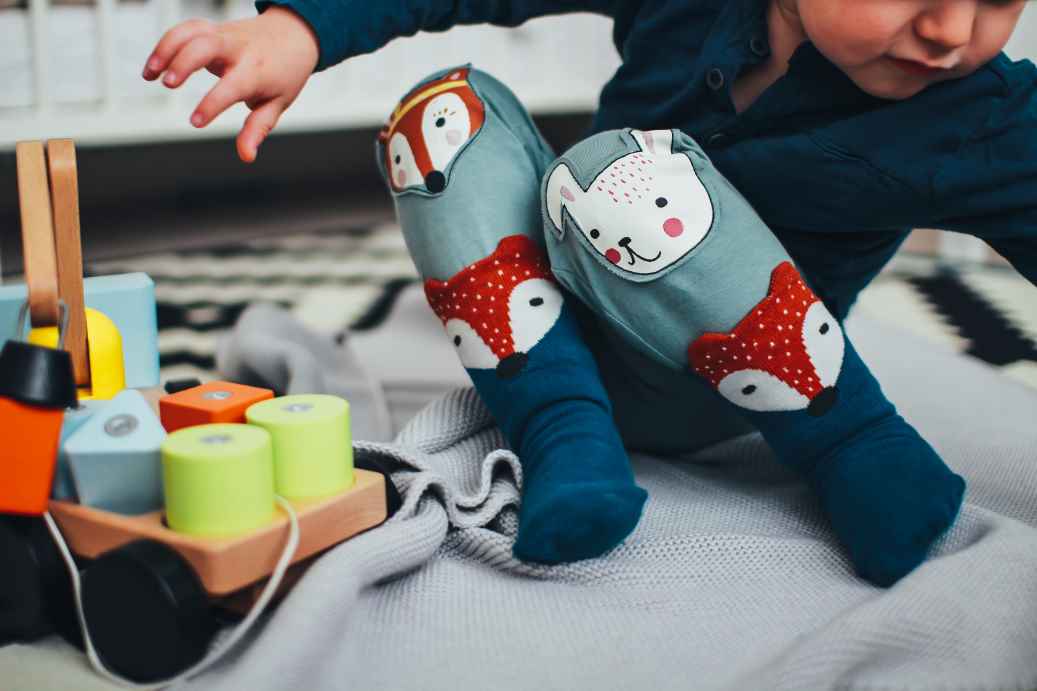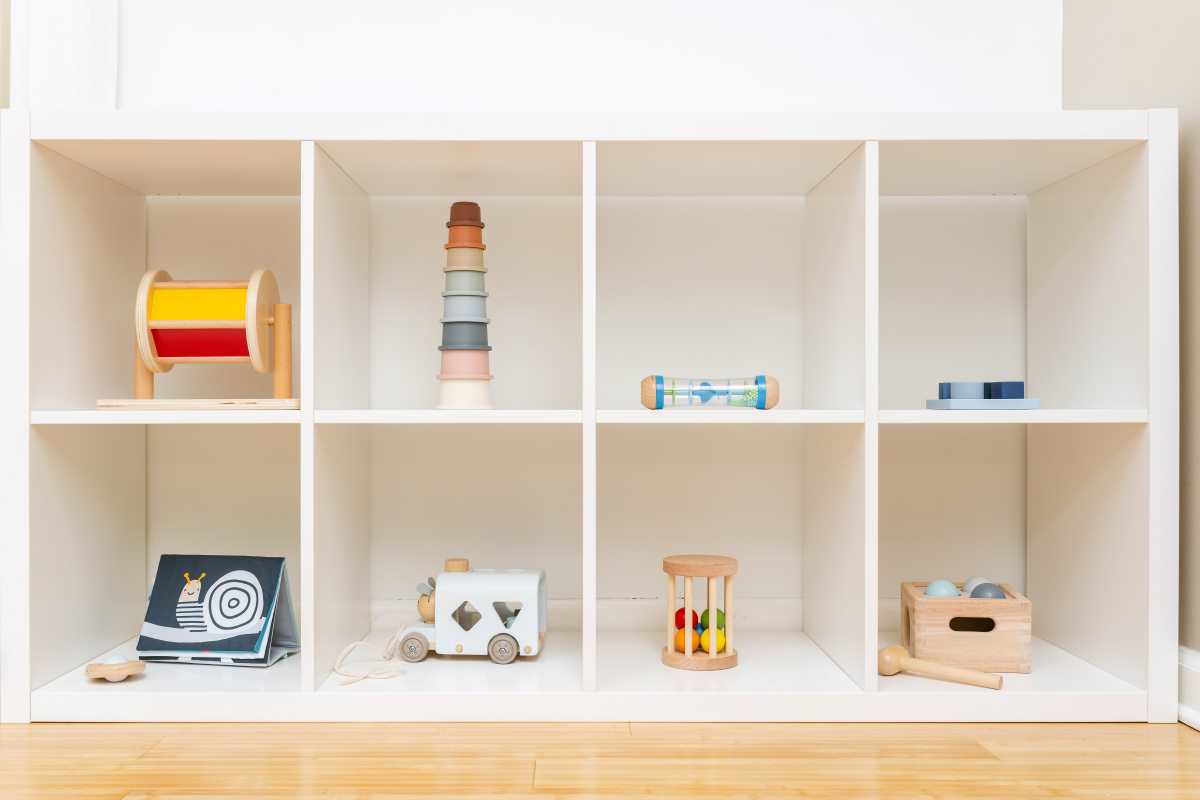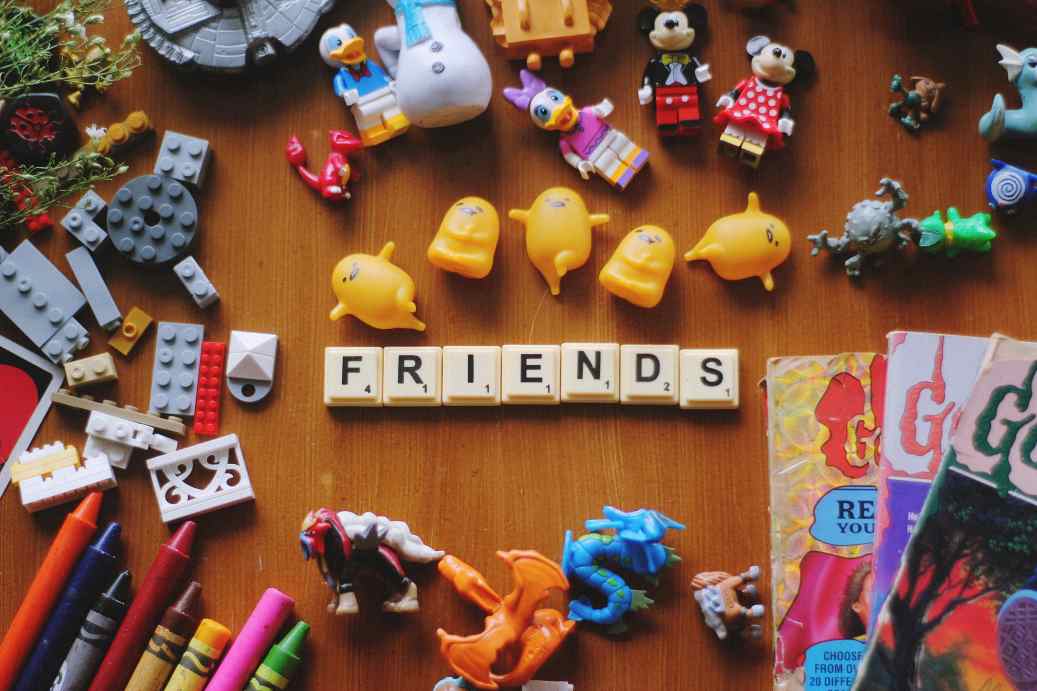Montessori education
Montessori for Special Needs: Inclusive & Effective
Table of Contents
Introduction
Inclusive and supportive education for children with special needs is extremely important for their overall development and success. The Montessori approach, with its emphasis on individualized, child-centered learning, has proven to be highly effective in educating students with a wide range of special needs and disabilities. This article will provide an overview of how Montessori education can benefit special needs children and create an inclusive environment where they can truly thrive.
We will begin by understanding the principles of special needs education and the challenges faced by these children in traditional school settings. Next, we will explore the core ideas of the Montessori philosophy and its development over the decades. A key focus will be on how Montessori principles and teaching methods naturally align with the requirements of special needs children, making it easier to provide individualized learning and support.
Through real-life examples and success stories, we will see how children with special needs blossom in Montessori schools and classrooms. The article will also offer solutions for overcoming common challenges, as well as provide resources and guidance to parents on finding the right Montessori program, advocating for their child, and more. Let’s start by building a foundational understanding of special needs education.
Understanding Special Needs Education
Special needs education involves adapting teaching and learning to meet the requirements of children with special needs or disabilities. Some common disabilities and conditions include:
- Learning disabilities like dyslexia, dysgraphia
- Attention deficit hyperactivity disorder (ADHD)
- Autism spectrum disorder (ASD)
- Hearing or visual impairments
- Physical disabilities and chronic illnesses
These children need additional support and accommodations to fully participate in mainstream schooling. Traditional education systems with rigid, one-size-fits-all methods often fail to provide the individualized instruction special needs kids require.
Some key challenges faced by special needs children in traditional schools:
- Not enough teacher attention and guidance
- Lack of customization to suit different learning needs
- Overwhelming class sizes and sensory environments
- Social isolation and stigma due to perceived “differences”
Let’s now understand how the Montessori education model offers solutions to these challenges with its child-focused approach.

The Montessori Approach
The Montessori philosophy was developed over 100 years ago by Dr. Maria Montessori, one of the first female physicians in Italy. Through extensive observation and work with children, including those with special needs, she created the Montessori approach to early childhood and elementary education.
Some core principles of Montessori education include:
- Child-centered – Children guide their own learning based on their interests and developmental readiness.
- Individualized – Instruction is tailored to each child’s unique learning style and pace.
- Holistic – Physical, cognitive, social, and emotional development are all equally emphasized.
- Multi-age classrooms – Children across ages 3-6 years learn together in multi-age environments.
- Hands-on learning – Children learn through concrete sensory experiences and manipulation of Montessori materials.
- Independence – Children develop self-reliance and the ability to direct their own learning.
Montessori programs are offered for ages 0-3, 3-6 years, elementary school, and even high school in some regions. Over 20,000 Montessori schools serve over 1 million students worldwide today.
Now let’s explore why the Montessori approach lends itself so well to educating children with special needs.
Montessori and Special Needs
Many features of Montessori education align closely with the priorities of special needs education. Some key connections include:
- Individualized pace & methods – Each child advances at their own pace guided by Montessori teachers. Instruction is tailored based on learning strengths/challenges.
- Multi-sensory materials – Montessori materials engage multiple senses and appeal to diverse learning styles.
- Low student-teacher ratios– Small class sizes and individualized attention enable focused guidance.
- Hands-on learning – Tactile, concrete learning engages children with concentration challenges.
- Integrated special services – Many Montessori schools offer integrated speech, occupational therapy and other services.
- Adaptive environments – Classrooms allow freedom of movement which benefits hyperactive children.
Montessori fosters inclusion by normalizing differences between children. Peer learning and collaboration is encouraged as children naturally work together. The flexible approach helps teachers modify activities and expectations to enable the success of special needs students alongside others.
Adapting Montessori for Special Needs
Montessori teachers are specially trained to observe each child and identify their interests, challenges, and learning patterns. This helps create an individualized education plan (IEP) tailored to the child. Key strategies used include:
- Breaking down activities into smaller steps
- Using concrete manipulatives and visual aids
- Incorporating movement into learning
- Providing alternate communication systems
- Creating structure through schedules and routines
- Adjusting the classroom layout and sensory stimuli
- Modifying materials and tools based on motor skills
Montessori materials like sandpaper letters, bead chains, sorting boards appeal to diverse learning styles. Multi-sensory materials support cognitive as well as motor development. Accessible, low shelves enable independence. Specialty Montessori tools like:
- Ramps, stairs, balance beams build gross motor skills
- Scooping, pouring, tweezing develop fine motor control
- Pegboards and tracing improve hand-eye coordination
Sensory integration activities like swinging, jumping, carrying heavy objects provide proprioceptive input that children with sensory processing differences thrive on. Quiet rooms allow overwhelmed children to self-regulate emotions and focus.

Success Stories
The individualized support and adaptive nature of Montessori has enabled many special needs children to make remarkable progress. Here are some real-life examples:
Michael, age 5, has autism and was mostly non-verbal. At his Montessori school, with the help of picture cards and sensory materials, he slowly began communicating his needs through words and sentences. His teacher also collaborated closely with his speech therapist and parents.
Emily suffered from anxiety and attention issues causing her to get easily distracted. Her Montessori classroom’s calm environment, peer modeling and lessons on focus using the Silence Game helped improve concentration. She can now sit and work on activities for 20 minutes.
Sara has dyslexia and dysgraphia which made reading and writing extremely frustrating. Working with sandpaper letters and metal insets for tactile learning has built her literacy skills steadily. Seeing her progress has greatly boosted self-confidence.
Aidan uses a wheelchair and faced barriers accessing materials and moving around at his old school. His new Montessori classroom has low, open shelves and wide aisles that enable independence. With supportive teachers, he has become much more outgoing and engaged.
These examples showcase the transformative impact Montessori education can have on the overall development of children with diverse special needs.
Challenges and Solutions
Implementing Montessori education for special needs also comes with its share of challenges. Some common ones faced are:
- Lack of teacher training and expertise – Not all teachers have specialized experience with special needs. Ongoing professional development and training is essential. Hiring dual credentialed Montessori and special education teachers is ideal.
- Obtaining accommodations and services – Ensuring availability of accommodations like occupational therapy or interpreters can be difficult. Having policies set for easily accessing additional support is key.
- Managing behaviors – Children with special needs may sometimes have outbursts or trouble with peer interactions. A responsive and understanding approach focused on the underlying needs is important.
- High costs – Providing very customized support and trained staff in Montessori can become expensive for schools. Grants, financial aid and state funding are possible solutions.
- Parent participation – Since Montessori relies on parent partnership, lack of involvement at home can impact student progress. Improving parent education and communication is vital.
While not always easy to implement, these challenges can absolutely be addressed through better training, policies, partnerships and resources. The rewards of providing quality Montessori education to special needs children are immense.
Finding the Right Montessori Program
For parents considering Montessori for their special needs child, here are some tips for identifying the right program:
- Talk to schools about your child’s specific learning needs and how they can accommodate them. Be sure to communicate any medical conditions as well.
- Ask about staff special education qualifications and experience with your child’s disability. Dual certification is preferred.
- Review the Individualized Education Programs (IEPs) developed for current special needs students. Do they align with your child’s requirements?
- Observe classrooms to see diverse learning styles supported through multi-sensory materials and peer interactions.
- Make sure therapy and other extra services like speech therapy are easily integrated into the program.
- Consider observing or volunteering in the classroom before enrolling your child to get a feel for the environment.
While not all Montessori schools offer robust special needs services, many have highly inclusive models. Identifying one committed to customizing education plans and supporting diverse learners is key.

Inclusive Classrooms
In addition to stand-alone special education programs, Montessori schools frequently create inclusive classrooms where both special needs children and neurotypical children learn together. This facilitates:
- Greater social acceptance and reduced stigma
- Learning through peer modeling
- Opportunities to build friendship and empathy
- Shared experiences that create a sense of community
Multi-age classrooms in Montessori naturally accommodate different ability levels. Teachers foster compassionate and collaborative peer environments focused on each child’s overall development versus just academic benchmarks. Mainstreaming prevents isolating special needs children into separate learning spaces.
Research shows that both special needs students and their mainstream classmates benefit immensely from inclusive Montessori environments.
Parent Resources and Support
Here are some valuable resources for parents of special needs children considering or enrolled in Montessori programs:
- Local Montessori schools – Connect with schools in your area to learn about special needs options.
- North American Montessori Teachers’ Association – Provides Montessori classroom resources and accredited teacher training.
- Montessori Connections – Online courses and support for Montessori implementation at home.
- Facebook groups – “Montessori Special Needs” and “Montessori Inclusion” groups to connect with parents and teachers.
- Books – Such as The Secret of Childhood and The Discovery of the Child by Maria Montessori.
Advocating for your child’s needs can be very rewarding but also challenging at times. These groups provide guidance and reassurance through shared experiences. Never hesitate to reach out!
Conclusion
The Montessori approach provides an education model uniquely tailored to nurture the development of children with diverse special needs. With its emphasis on individualized instruction through concrete experiential learning, multi-sensory approaches and adaptive environments, Montessori enables special needs children to make remarkable academic, social and emotional progress which benefits them for life.
This education philosophy must be more widely leveraged to make quality, inclusive education accessible to the millions of children with special needs across the world. With adequate teacher training, classroom resources and parental support, Montessori programs can become centers of excellence for special needs education.
The promising success stories featured in this article are just a glimpse of the transformative potential of Montessori. Parents and educators must actively collaborate to implement Montessori principles in creative ways that serve the learning needs of every child. This will lead to a more just, compassionate and supportive education system that empowers both our most vulnerable and most gifted to reach their full potential as independent lifelong learners.

FAQs
What is Montessori education for special needs children?
Montessori education is an inclusive, individualized approach that is well-suited for educating children with special needs. It emphasizes hands-on learning, multi-sensory materials, movement, peer interactions, and adapting the environment and curriculum to meet each child’s unique needs.
How does the Montessori approach benefit children with special needs?
The Montessori method allows children to learn at their own pace and style. Concrete materials, multi-age classrooms and an individually tailored curriculum helps special needs children develop physical, cognitive, emotional and social skills.
Are Montessori schools equipped to support children with various disabilities?
Many Montessori schools integrate occupational therapy, speech therapy, and other special services. Teachers are trained to observe each child and modify curriculum and environments. Classrooms promote inclusion through peer learning.
What are some success stories of special needs children in Montessori programs?
There are many examples of children with dyslexia, ADHD, autism, anxiety disorders and more making significant progress with Montessori’s hands-on methods and sensory materials. Customized approaches have enabled special needs children to thrive.
How do Montessori teachers adapt their teaching methods for children with special needs?
Montessori teachers break down activities into smaller steps, incorporate physical movement and manipulatives, adjust classroom environments, use visual aids, modify materials based on skills, employ sensory integration activities, and collaborate with therapists.
What resources are available for parents interested in Montessori education for their special needs child?
Local Montessori schools, Montessori teacher training organizations, online forums, Facebook groups, and books/articles on Montessori and special education needs provide valuable guidance and support for parents.
Are there any challenges in implementing Montessori principles for special needs education?
Teacher training, securing accommodations, managing behaviors, costs and ensuring parent partnership can be challenging but are not insurmountable. With creativity and commitment, Montessori can be made highly effective for special needs.
How can I find a suitable Montessori program for my special needs child?
Observe classrooms, ask about staff qualifications, review individual education plans, ensure availability of needed services, and consider volunteering in the classroom. Identifying an inclusive Montessori environment is key.
References
https://amshq.org/About-Montessori/Montessori-Children-with-Disabilities-and-Neurodivergences
https://multisori.com/blogs/getting-started-with-montessori/montessori-special-needs
https://reachformontessori.com/montessori-and-special-needs-children-can-it-work/
https://kidsspeak.info/montessori-child-special-needs/
https://www.thebump.com/a/montessori-method-special-needs-kids
http://www.montessorieducationforautism.com/montessori-and-autism.html

